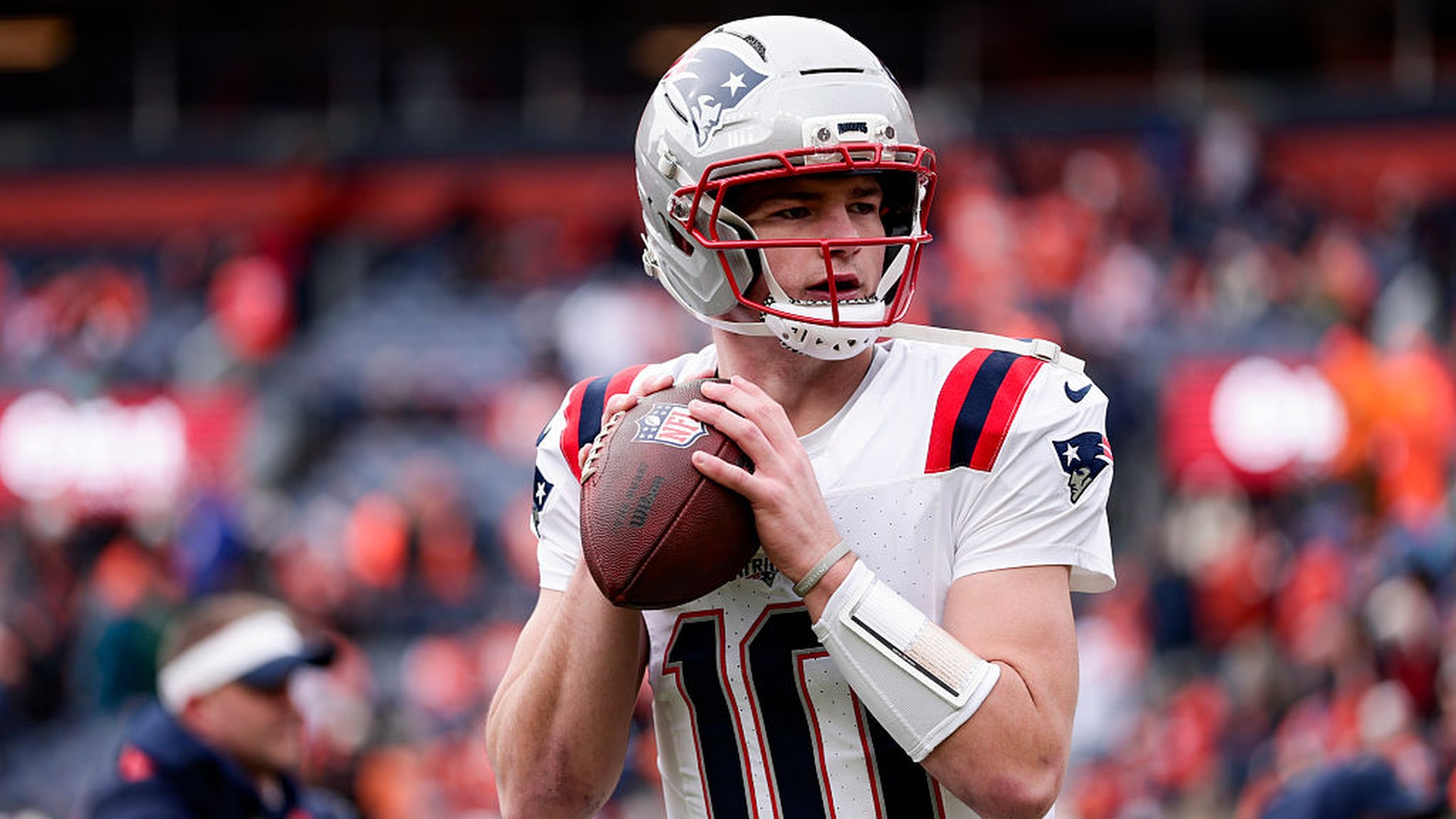Our Changing Planet — release date, locations, wildlife, presenters, and all about the nature series
Our Changing Planet on BBC1 sees six presenters travel the world on a mission to help endangered wildlife and habitats.

The latest updates, reviews and unmissable series to watch and more!
You are now subscribed
Your newsletter sign-up was successful
Want to add more newsletters?

ONCE A WEEK
What to Watch
Get all the latest TV news and movie reviews, streaming recommendations and exclusive interviews sent directly to your inbox each week in a newsletter put together by our experts just for you.

ONCE A WEEK
What to Watch Soapbox
Sign up to our new soap newsletter to get all the latest news, spoilers and gossip from the biggest US soaps sent straight to your inbox… so you never miss a moment of the drama!
Our Changing Planet on BBC1 is a two-part nature special that took quite a few years to make! Various presenters with an interest in wildlife conservation visit diverse habitats around the world to take a deep dive look into the ecological issues threatening our planet and its amazing wild animals.
Viewers can follows Steve Backshall who's in the Maldives, Chris Packham in Iceland, while Ella Al-Shamah heads for Cambodia in the first episode. The following week you can see Liz Bonnin in California, Ade Adepitan heading for Kenya and Gordon Buchanan in the Brazilian rainforest.
So here's all you need to know about what happens in Our Changing Planet on BBC1...
Our Changing Planet release date
Our Changing Planet launches on BBC1 on Sunday April 24 at 7pm with the concluding episode a week later on Sunday May 1 at 7pm. Both episodes will become available on BBCiPlayer. We will update here if an international air date is revealed.
Our Changing Planet — what happens in episode 1
The first episode of Our Changing Planet on Sunday April 4 2022 sees Chris Packham kayaking in Iceland to observe how whales are struggling with warming waters, Steve Backshall in The Maldives for the lowdown on manta rays and Ella Al-Shamah is in Cambodia to meet fishing communities along the Mekong river and Tonle Sap Lake where biodiversity is being lost. Can anything be done?
The Maldives with Steve Backshall
The Maldives are famous for white sands, the blue waters of the Indian Ocean and colourful coral reefs. But Steve Backshall discovers there is trouble in paradise. "Ocean warming is killing coral reefs at an astonishing rate," he explains. ‘And the reefs around the Maldives are set to see dramatic changes."
Manta rays are a barometer on how ocean warming is affecting life beneath the waves. They feed on plankton and, if a rise in sea temperature causes plankton to decline, it will have a devastating impact on these gentle giants. Steve joins researchers as they collect samples of the mantas’ food to see how rich in nutrients it is. He also helps give one manta mum-to-be an ultrasound underwater!
"The reefs are producing enough food to sustain mothers and their young", Steve reveals. "But if plankton concentrations halve, as predicted, our manta mother and baby could be in trouble..."
Chris Packham in Iceland
Chris Packham heads to Iceland where snow and ice are melting at alarming levels because of global warming. "celandic culture is so connected to glacial ice that each of the 269 glaciers has a name,’ says Chris. ‘But these iconic glaciers are fast disappearing."
As he tracks how vanishing glaciers are changing the landscape, Chris also observes how melting sea ice is opening up the Arctic to shipping. "Less ice means more boats and the race is on to exploit newly accessible waters for global trade," he explains.
But marine scientists are concerned about the impact of heavy ocean traffic on humpback whales, particularly in spring when mothers and calves travel around 5,000 miles from the Caribbean to Iceland.
Chris says: ‘If the scientists show a link between boat encounters and increased stress levels in whales, they can protect the whales against increased shipping traffic across the wider Arctic."
The latest updates, reviews and unmissable series to watch and more!
Cambodia with Ella Al-Shamahi
In Cambodia in Southeast Asia, Ella Al-Shamahi learns how the country has become one of the world’s fastest growing economies, which has brought a huge cost to nature. The trade in trafficking endangered wildlife is thriving and valued at £17 billion yearly. Pangolins are the world’s most trafficked animals, while sun bears are also trafficked for supposed medicinal benefits.
"The economic boom has resulted in more people with more money to spend on rare animal delicacies and traditional medicines that were previously out of reach," explains Ella, who also investigates how the construction of dams along the Mekong River has a catastrophic effect on floating fishing communities on the Tonlé Sap Lake. "Experts predict that the Mekong River system could collapse in the next three to five years. It needs all six countries that the Mekong flows through to come together and find a solution."
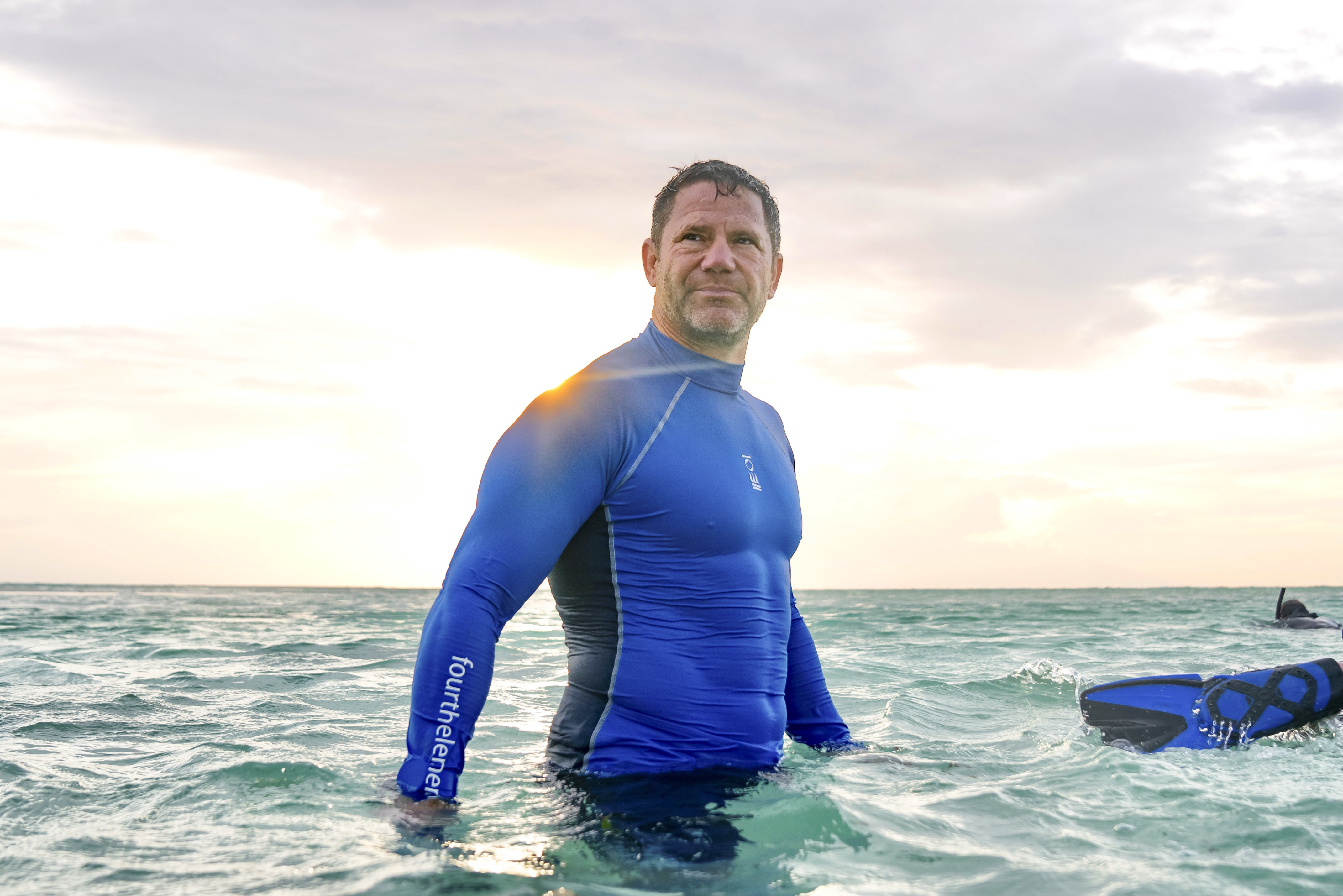
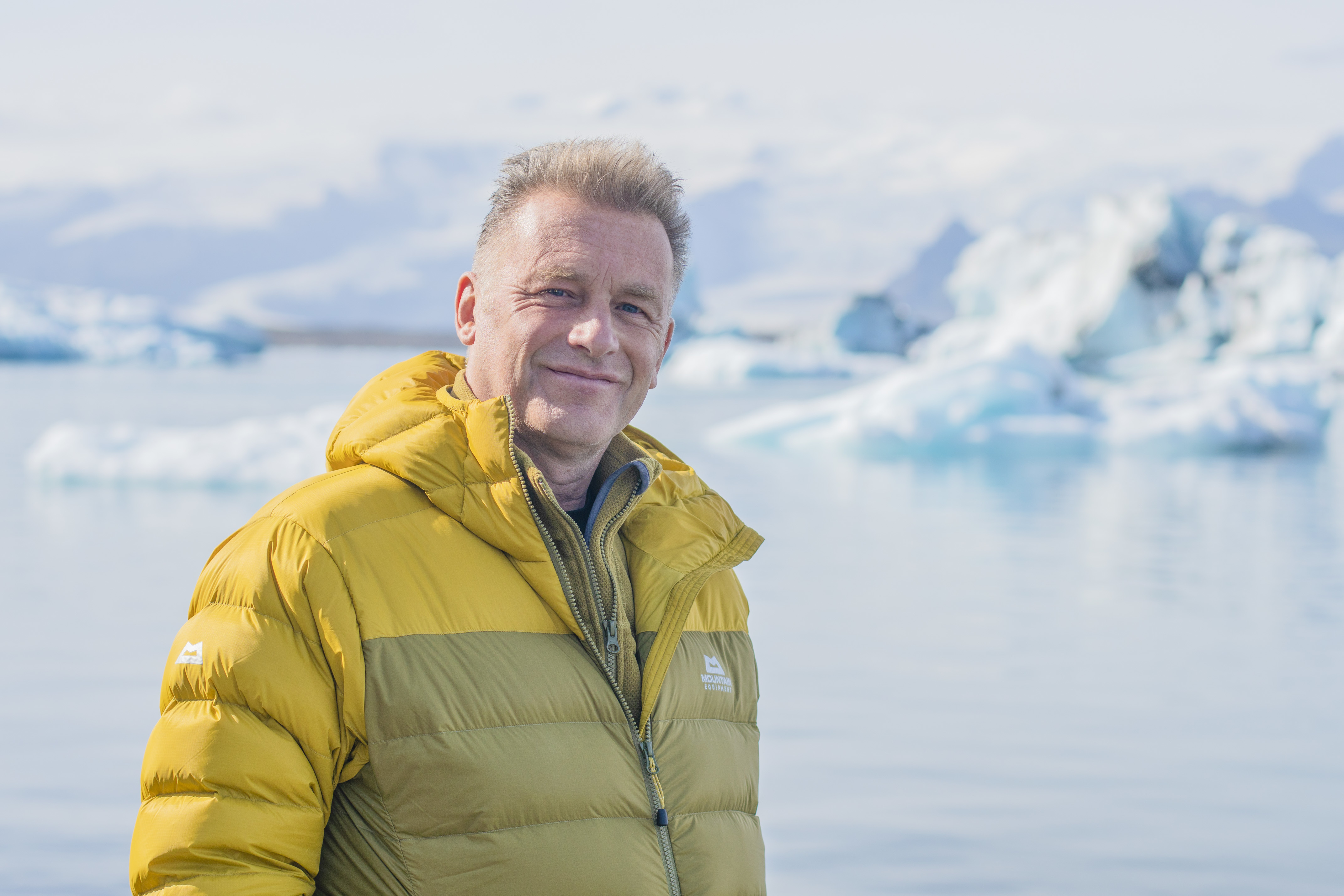
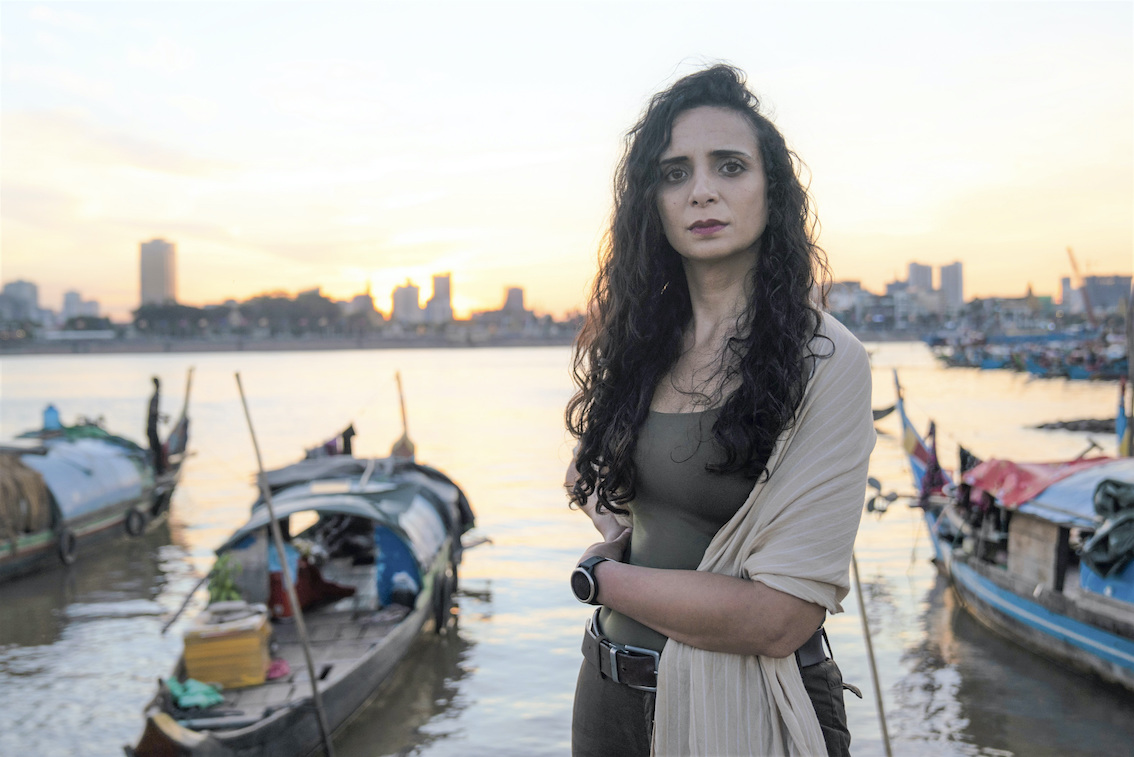
Our Changing Planet —what happens in episode 2
This final episode of Our Changing Planet on Sunday May 1 2022 sees Liz Bonnin travel to California while Gordon Buchanan heads to Brazil and Ade Adepitan visits Kenya to see first-hand the effects climate change is having on landscapes and wildlife. Liz hears how wildfires are threatening the survival of bears and mountain lions, while Ade visits a project fighting to save African elephants. In Brazil, Gordon joins conservationists trying to help endangered jaguars.
California with Liz Bonnin
Liz is in California where nutrient-rich waters off the Pacific Coast support over 1000 different species. But warming seas have brought in great white sharks. And with each shark consuming up to 18 kilos of prey at a time, scientists are concerned about their impact on the area’s complex marine ecosystem. "In 2014, a predatory sea star that lived in these waters for centuries began to die," says Liz. "The repercussions were catastrophic. Without the sea star to control them, sea urchin numbers increased 60-fold."
Liz also meets vets and volunteers at The Wildlife Disaster Network who use revolutionary techniques, such as fish skins as bandages, to treat thousands of animals, including bobcats, racoons and bears, injured in last year’s California wildfires, another sign of climate change. "You despair of the human race and then you meet people like that and you’re like, “Where did you come from?”’ saysLiz. "It’s extraordinary, absolutely mind-blowing."
Kenya with Ade Adepitan
The African nation of Kenya is enduring one of the worst droughts on record. Ade Adepitan reveals how if, as feared, severe droughts become the norm, parts of Kenya may soon be uninhabitable to people and wildlife. To discover what the lack of rainfall means for African elephants, Ade visits the Sheldrick Wildlife Trust, whose keepers give round-the-clock care to baby elephants orphaned in last year’s drought. "The dedicated team provides a secure, loving environment to support infants through the loss of their mothers and the trauma they suffered,’ says Ade.
Droughts also have disastrous effects on local communities But Ade hears about a possible solution, sand dams, which are built across a dried-up river bed before the rains arrive. "There is evidence of sand dams being used in Roman times,’ Ade explains. "They could prove life-saving, not just for people, but for Kenya’s struggling wildlife."
Brazil with Gordon Buchanan
Gordon is visiting Brazil where deforestation in the Amazon is threatening the planet’s largest tropical wetland, the Pantanal. Billions of tons of water vapour have been removed from the atmosphere contributing to a 40 per cent drop in rainfall, resulting in more fires. "In 2020, wildfires are estimated to have killed around 17 million animals," shares Gordon. "And the Pantanal’s jaguars have been directly impacted."
The big cat is also killed by ranchers desperate to protect their cattle. But Gordon visits a project working to change ranchers’ attitude by showing them that money from ecotourism means the predators are more valuable to them alive. "Placing a price tag on jaguars can help protect them," says Gordon. "Things are tough for jaguars across Brazil, but this project could offer them a ray of hope."

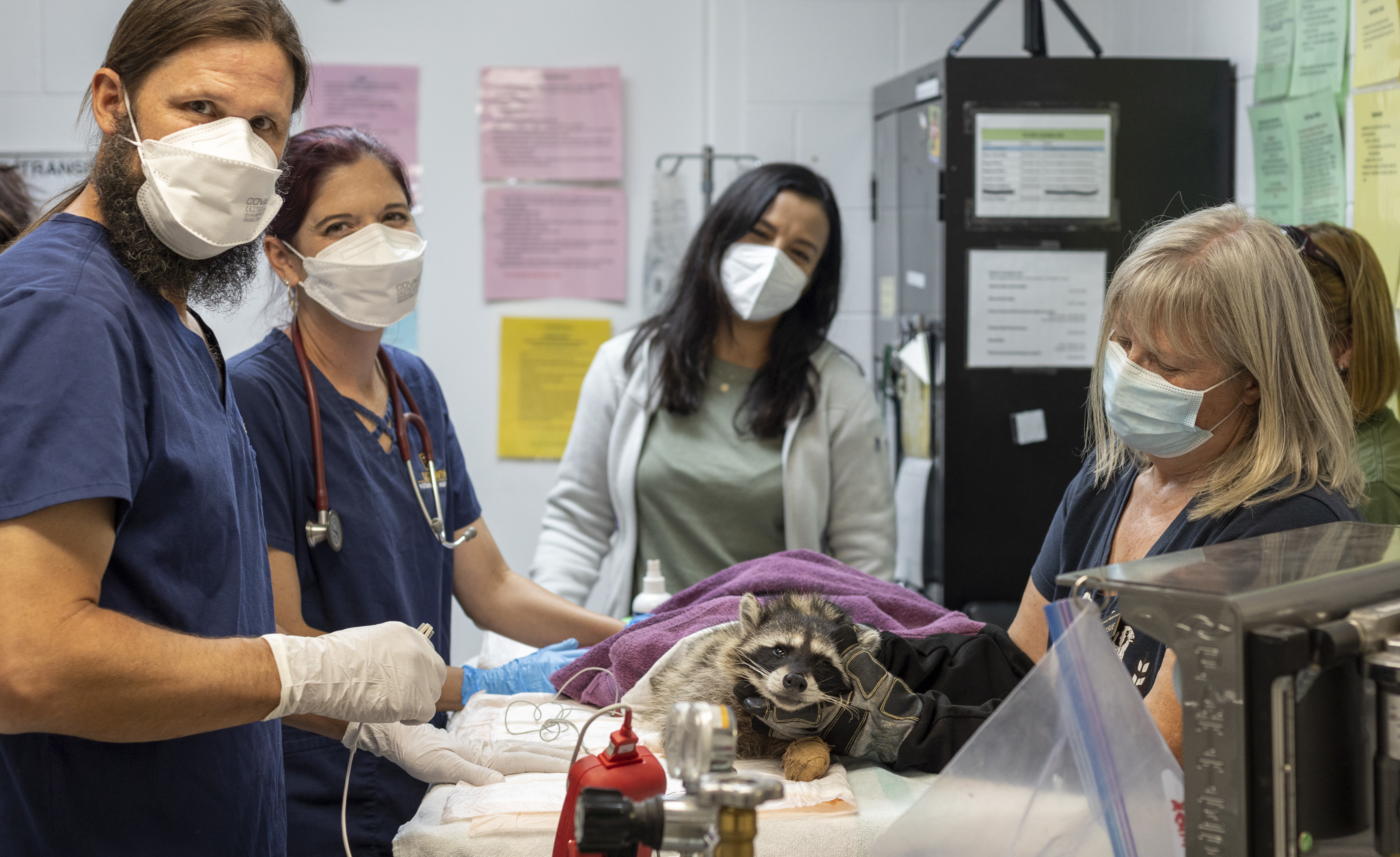
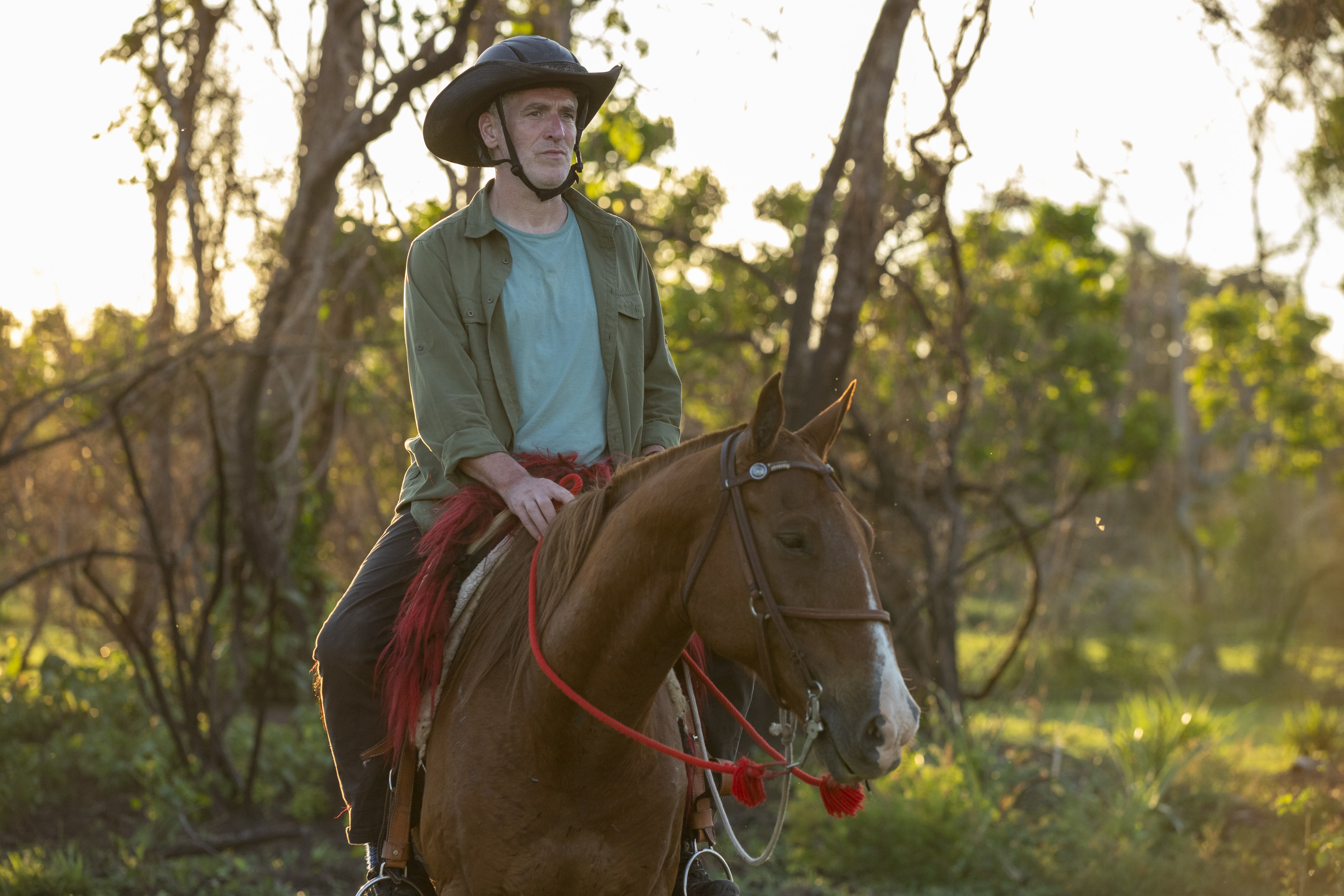
Is there an Our Changing Planet trailer?
The BBC is yet to release a trailer for Our Changing Planet but we will post one as soon as it arrives.
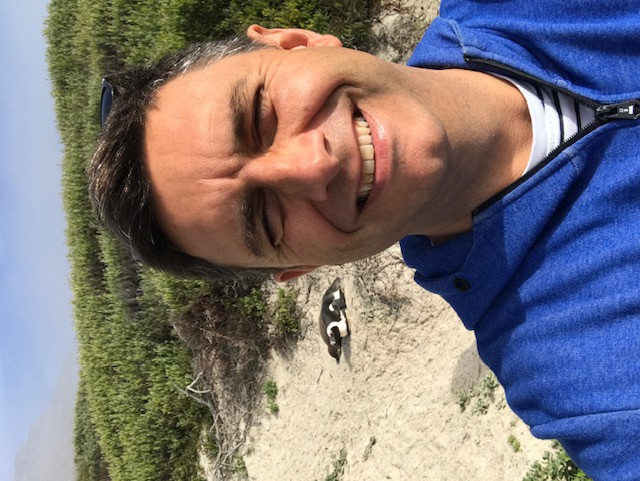
I'm a huge fan of TV so I've found the perfect job, writing about telly shows and interviewing major television, film and sports stars for over 30 years. I'm currently the TV Content Director on What's On TV, TV Times, TV and Satellite Week magazines plus contribute to Whattowatch.com. I previously worked on Woman and Woman's Own in the 1990s. Outside of work I swim every morning, support Charlton Athletic football club and get nostalgic about TV shows Cagney & Lacey, I Claudius, Dallas, Tenko and I'm quite partial to a bit of Little House on The Prairie. I'm totally on top of everything good coming up too, and love newer shows such as The Day Of The Jackal, This is Us, Hacks and anything Dexter.

